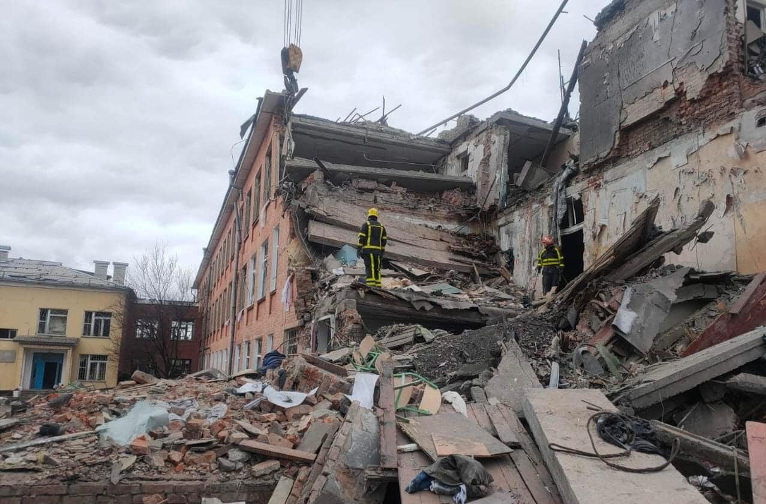Ukrainian conservation organizations have largely shifted their efforts to support refugees and other citizens in need, even as the environmental toll from the Russian invasion continues to loom over the country’s future.
“Almost all our projects are frozen now,” Bohdan Prots, CEO of the Danube Carpathian Programme, said March 17 during a webinar organized by Eurosite (the European Land Conservation Network). The event aimed to address the war’s effects on both people and nature. “After the first day… we changed from major conservation activity to mainly humanitarian support until the war is over,” he continued.
That includes raising money, as well as delivering medical supplies and other goods to hospitals, people in shelters and others in need.
Some conservation groups have put their existing infrastructure to good use.
“Many of the [national] parks are also hosting refugees in their buildings,” said Ivan Timofeiev, head of the Ukrainian office of the Nature and Biodiversity Conservation Union. “They try to make the life of people as comfortable as possible right now.”
The Institute of Ecological and Religious Studies, meanwhile, has moved from its normal education efforts to hosting refugees and holding events for children to “make, for a few hours, more happy times, to forget this horror, this nightmare,” said Natalia Kluia, manager with the organization.
While some webinar participants live in relatively safe parts of Ukraine, the invasion has put many conservation professionals at direct risk.
“Our colleagues in the northern part of the country are in the heart of the war,” said Yulia Bodarenko with the Ukrainian Society for the Protection of Birds. “One of them has no light or water. The roads also are not safe, so they cannot move out.”
Bodarenko herself joined the webinar after escaping to Poland with her son.
Wherever they’ve ended up, their organizational skills and technical knowledge and systems have proven valuable to the resistance. Drones that would normally be used to track wildlife and photograph habitats are being redeployed to help refugees find clear escape route, locate wounded citizens, and even document evidence of war crimes — “which is quite often,” Prots said.
The evidence of damage to the environment, meanwhile, has yet to be fully collected — and the worst could be yet to come.
“Most of Ukraine’s largest cites are next to rivers or wetlands,” said webinar moderator Tilmann Disselhoff, president of Eurosite. “So whatever happens there also affects the water system and can cause immense pollution.”
For now, though,
“we cannot assess all these damages and pollution and ecological catastrophes,” said Bodarenko. “Our first task is to stop it, because each day it brings us more suffering, for people and environment.”
You can watch the full webinar below:
Teaser photo credit: By Mvs.gov.ua, CC BY 4.0, https://commons.wikimedia.org/w/index.php?curid=115887390





